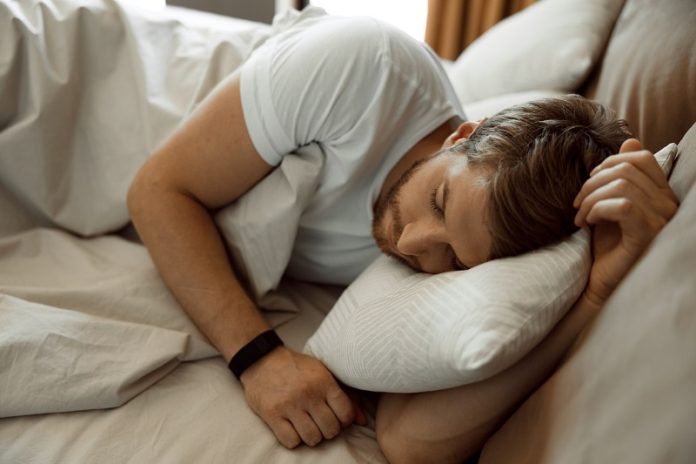
Life’s stressors have a way of affecting our mental health, but according to a new study from the University of York, good quality sleep and positive coping strategies could be our saviors.
These findings come at a crucial time as people around the globe are grappling with the prolonged stress caused by the COVID-19 pandemic.
The Perfect Time for Study: The COVID-19 Pandemic
The COVID-19 pandemic has been one of the most stressful events worldwide in recent memory.
Emma Sullivan, a Ph.D. student at the University of York, saw this as an opportunity to dig deep into how sleep and coping methods impact our mental health during long-term stress.
“The pandemic offered us a unique context to explore our research questions,” Sullivan said.
The study examined the sleep patterns and coping mechanisms of over 600 people during the first months of the pandemic in 2020.
This wasn’t just academic curiosity; the team wanted to test if better sleep and coping habits actually helped people maintain better mental health during stressful times.
What the Data Says: Sleep is Crucial
The research team looked at data from the Boston College Daily Sleep and Well-being Survey. This is where participants kept a record of their sleep quality and overall mental health during the pandemic.
On top of sleep data, the study also collected information on other aspects of participants’ lives—like how much they drank alcohol, whether they were in quarantine, and their levels of physical activity.
The result? Quality sleep seemed to act like a protective shield against depression and anxiety symptoms.
People who slept well were generally more resilient in the face of life’s difficulties, especially during the unsettling times of the pandemic.
“Better sleep quality was associated with fewer symptoms of both depression and anxiety,” Sullivan noted.
Coping Matters Too
Dr. Scott Cairney, the supervisor of the study, emphasized that sleep isn’t the only player here. Positive coping strategies—like being able to look at a tough situation and find some good in it—also made a big difference.
According to Dr. Cairney, “Sleep plays a hugely important role in managing chronic stress, but it’s also critical to have good coping strategies.”
Implications for Mental Health Care
The study’s findings could help shape future guidelines for mental health care, especially as chronic stress becomes a more recognized trigger for mental health issues.
“These findings highlight the need to focus on both good sleep and effective coping methods when helping people deal with chronic stress,” said Sullivan.
If you’ve been struggling with stress, anxiety, or depression, this research suggests that paying attention to your sleep quality and adopting positive coping mechanisms could be beneficial.
So, before you discount the importance of a good night’s sleep or think it’s cheesy to look on the bright side, remember that science now tells us both can be lifelines in turbulent times.
If you care about sleep, please read studies about the science on 3 traditional bedtime remedies, and this sleep supplement may help prevent memory loss and cognitive decline.
For more information about sleep, please see recent studies about how to sleep to prevent Alzheimer’s disease, and results showing scientists find silent sleep danger for smokers.
The research findings can be found in Cortex.
Follow us on Twitter for more articles about this topic.
Copyright © 2023 Knowridge Science Report. All rights reserved.



